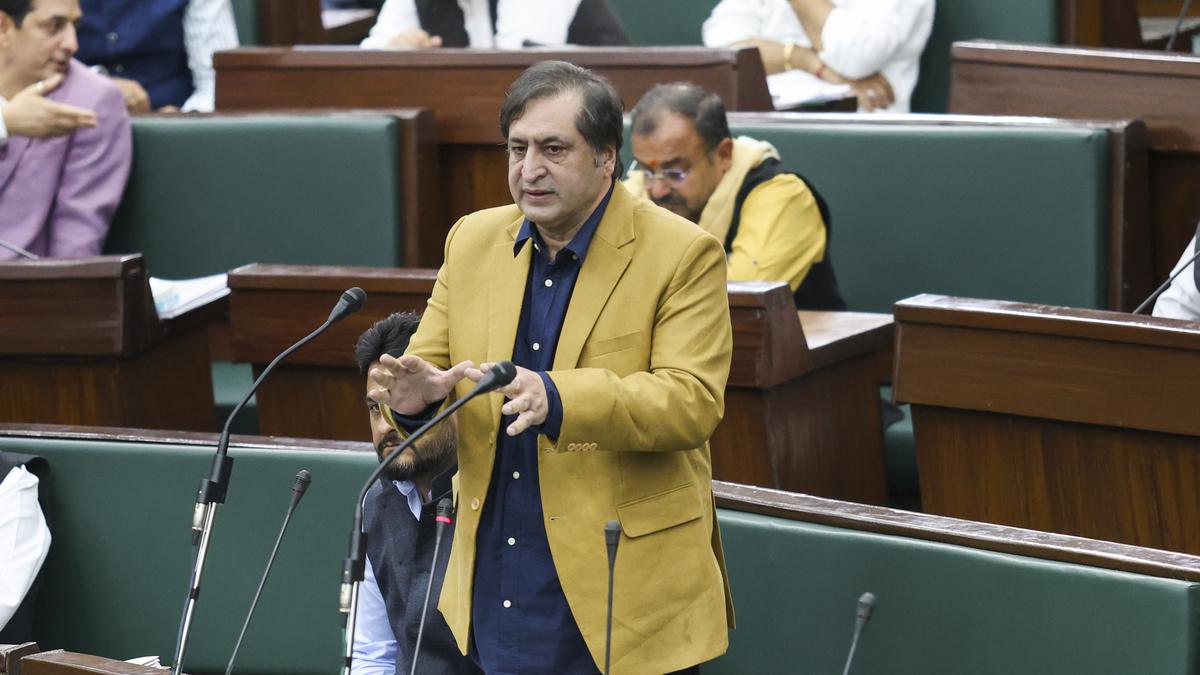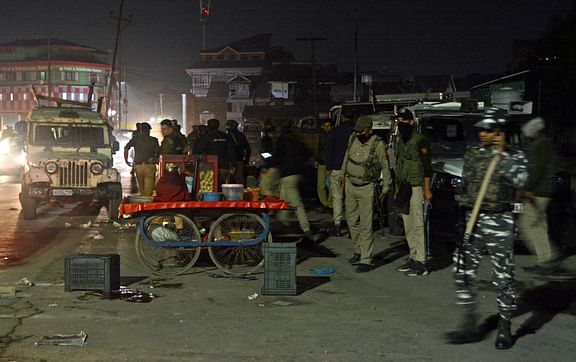Unfair Reservation Policy: A Post-Dated Cheque for Disaster, Says Sajad Lone
In a fiery address to the Assembly on Monday, Sajad Gani Lone, president of the Peoples Conference and representative of the Handwara constituency, voiced strong criticism of the current reservation policy. Lone described the policy as a “post-dated cheque for disaster”, asserting that it is systematically marginalizing the ethnic Kashmiri-speaking population.
Kashmiris Pushed to the Wall
Lone expressed concern over the dwindling representation of Kashmiris in competitive examinations, particularly in the Kashmir Administrative Services (KAS). He argued that the issue is not a lack of competence but the crowding out of Kashmiris from competitive spaces due to the reservation system. Citing data from the past three years, he highlighted the declining success rate of Kashmiris in such examinations.
“We are witnessing efforts to establish social supremacy over Kashmiris through disempowerment,” Lone remarked. He warned that if the current trend continues, the presence of Kashmiris in the civil secretariat could diminish significantly in the next two decades.
A Call for Policy Reform
Lone emphasized the serious ramifications of the existing reservation policy, particularly for the tribal communities within Kashmir. He noted that the backwardness of tribal populations prevents them from effectively competing for reserved positions, further exacerbating their marginalization.
“This policy is a script for disaster, written by us after we’ve just emerged from 30 years of conflict,” Lone stated. He urged the government to take immediate corrective measures to ensure fairness and inclusivity in the reservation system.
Broader Implications
The debate over reservation policies in Jammu and Kashmir reflects deeper socio-political tensions in the region. Critics argue that the current system risks alienating significant sections of the population, potentially undermining long-term stability and social cohesion.
Lone’s remarks have sparked a broader conversation about the need for equitable policies that balance socio-economic upliftment with merit-based opportunities. As the region continues to navigate its complex political landscape, the issue of reservation remains a contentious and emotionally charged topic.


